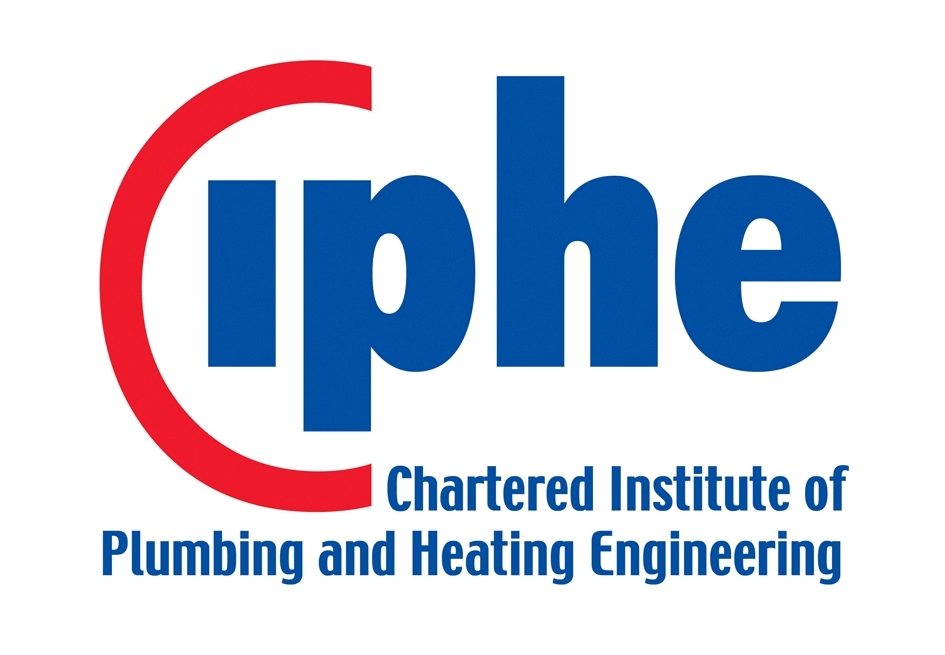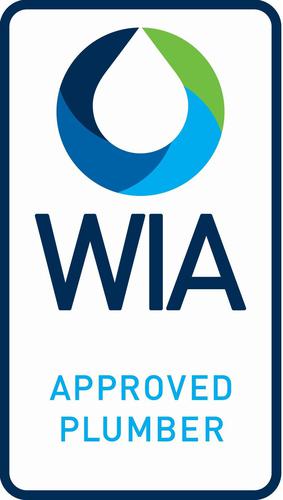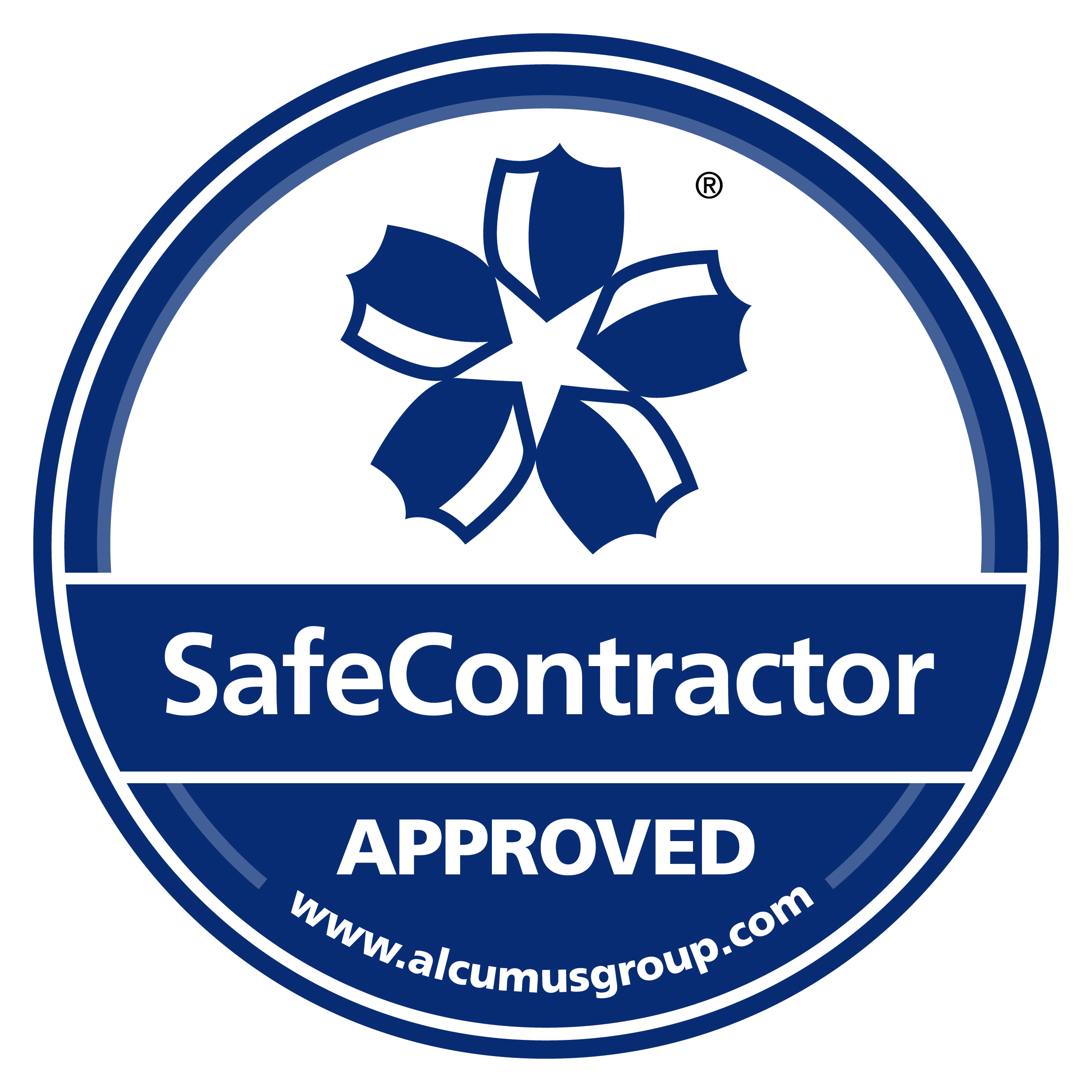If you like lazing on the sofa, slobbing out in front of the television,
hate having to get up to switch the lights on or off or change the T.V. channel and you want to walk into a warm and cozy home when you get in from work then smart home automation is for you.
The Internet of Things commonly referred to as IOT has revolutionised the way our homes can connect and interact with smart devices.
Devices that can exchange data via connectivity enables these devices to be programmed to suit the needs of the home.
Smart automation is a suite of devices, appliances or systems that can connect as a network and can be independently and remotely controlled.
In simple terms you can connect as many devices as you need from thermostats, air conditioning, lighting and home appliances.
These devices can be controlled for optimum energy which means better control over your energy consumption.
Take thermostats for example, traditionally frequent adjustments needed to get the temperature just right can result in wasted energy.
Devices that use real time weather forecasts can adjust the heating to improve comfort avoiding unnecessary heating on warmer days.
What are the advantages?
All your devices can be managed from one place and there is the flexibility to add new devices and appliances.
As our lives become increasingly busy, smart automation means that we don’t have to worry about returning home to a cold house or to remember to turn on the washing machine as long as we remember to set the device.
It may seem far fetched and a bit star trekkie but think of the time and the energy that is saved by engineering your home so that these devices turn on only when needed.
Smart automation improves our living space and it will only get better as tech companies bring out better and newer innovations.
There are a number of control systems on the market notably Google home, Apple Homekit and Amazon Echo; Samsung and Panasonic have developed their own systems.
Each has their own limitation in terms of connectivity but in short newer technology will ultimately ensure that the majority of smart devices will be able to connect to any device that you have at home assuming it has the necessary software and sensors.
Locks and home security, smart lighting and cameras can be automated making your life smarter.
I can vouch for the effectiveness of smart technology as I have installed lightwave RF dimmer switches, lights can be turned off and on, dimmed for reading or set to come on at night either directly with a bluetooth switch next to the bed or via smartphone.
Along with the above smart enabled technology, I’ve installed wifi heating controls with independent zone control, this has saved energy and given greater control of the system in our home.
The shape of things to come?
In the future more appliances and products will be smarter and work in conjunction with each other, the question is, how much do you want to automate your home?
All of the above depends on the reliability of good wifi, broadband and the right infrastructure in place.
If connectivity fails you might find yourself sleeping in the garden shed because the smart security system you installed fails to recognise you!














